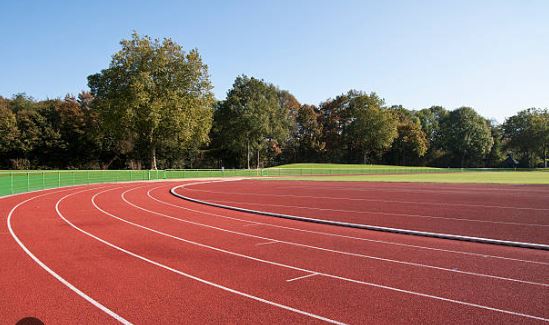
Kenyan runners face numerous obstructive barriers that hinder their path to international competitions, including the Olympics.
In our previous article,Government’s stringent policies have altered the landscape of Kenyan Athletics medal counts we highlighted the nightmarish process of clubs and athletes registration in Kenya. Here, we uncover more harsh realities in the world of Kenyan runners. According to a well-versed Kenyan source who requested anonymity, these layers of obstacles include athlete membership, club affiliation, anti-doping compliance, and intent to qualify for major national representations. For instance, an athlete aspiring to qualify for the 10,000 meters might need to travel to Oregon, USA, just to meet specific requirements.
Anti-Doping Compliance
In recent years, an anti-doping compliance circular was adopted, requiring any Kenyan athlete who wants to participate at nationals to adhere to stringent guidelines. Athletes must book for sample collection at least ninety days before the competition date to have their names included in the compliance database. This system demands significant effort from athletes to comply within the given timeframe. The absurdity of the process is akin to asking a thief to come voluntarily for a mug-shot at their convenience, making it easier to present an unidentifiable photo and claim cleanliness.
However, the compliance process is riddled with corruption. According to a female athlete from Nyeri, anti-doping officials only allocate slots to selected athletes, indicating massive corruption. The government funds this organization, which is mandated to collect random samples and analyze them for violations, not to stage sample collections. Yet, officials have shifted the responsibility for sample collection to the athletes, while they remain in their offices or visit running camps affiliated with select retired runners, disadvantaging the rest.
A retired athlete who currently volunteers as a coach lamented that a significant amount of attention and resources, including anti-doping efforts, are concentrated in the Rift Valley. Runners from this region are given priority and do not have to travel to Nairobi for sample collection, unlike athletes from other areas. This uneven distribution of resources and opportunities further illustrates the challenges and inequities faced by Kenyan runners.
Club and Athlete Registration
The process of registering clubs and athletes in Kenya is fraught with difficulties. Clubs must pay a hefty registration fee of 250,000 KES to be registered under the Ministry of Youth Affairs, Sports, and the Arts. Additionally, each athlete must pay an annual registration fee of 2,000 KES. Despite these substantial fees, there is a notable lack of support for upcoming athletes, as the funds collected are not adequately utilized to provide necessary resources for their development.
Double Charges
Surprisingly, the government doesn’t seem to notice the double charges it imposes on Kenyans. Any club willing to host athletes must pay for its license to have athletes train there, as well as charge athletes to be runners. This double financial burden makes it even more challenging for clubs to support their athletes and for athletes to pursue their training effectively.
Selection and Foreign Influence
Traditionally, national team selection was conducted in Nairobi, offering every Kenyan runner an open opportunity to represent their country with pride. However, recent practices suggest a troubling shift. For example, 10,000-meter runners are now required to travel to Oregon, USA, for trials. This move appears to be influenced by foreign agents, possibly showcasing their best runners abroad while sidelining Kenyan runners at home.
This approach assumes that all potential candidates can afford the costs of traveling to the USA and obtaining visas, which is not feasible for many athletes. This policy risks creating a system where Kenyan runners are auctioned off through agents operating under guidelines that Athletics Kenya (AK) seems to be bending to.
Expensive and Misguided Paths
Athletics Kenya’s expensive and misguided pathways for Olympic qualification further exemplify the systemic issues within Kenyan athletics. Instead of fostering talent and patriotism, these policies create significant financial and logistical burdens on athletes, making it nearly impossible for many to pursue their dreams of representing Kenya on the global stage.
Addressing these issues is crucial for ensuring that all athletes have an equal opportunity to succeed and represent their country with pride. Kenyan runners face numerous barriers, including cumbersome registration processes, corrupt anti-doping compliance practices, expensive qualification pathways, and questionable selection procedures. These obstacles not only hinder the development of talent but also undermine the spirit of patriotism and fairness in Kenyan athletics.
Nelson Ndereva

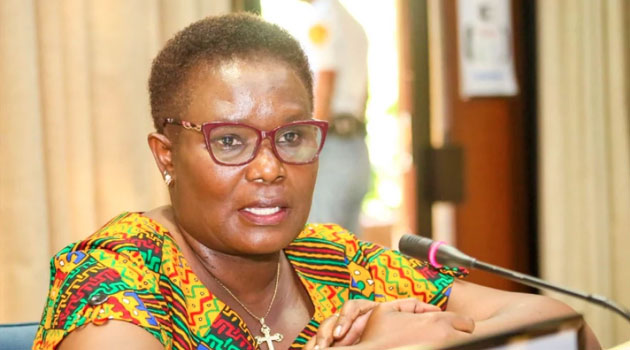
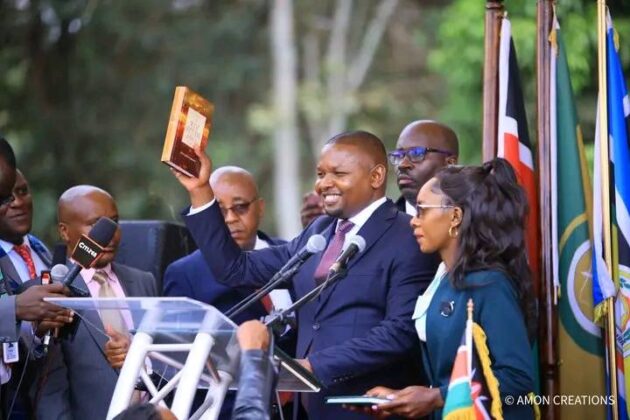


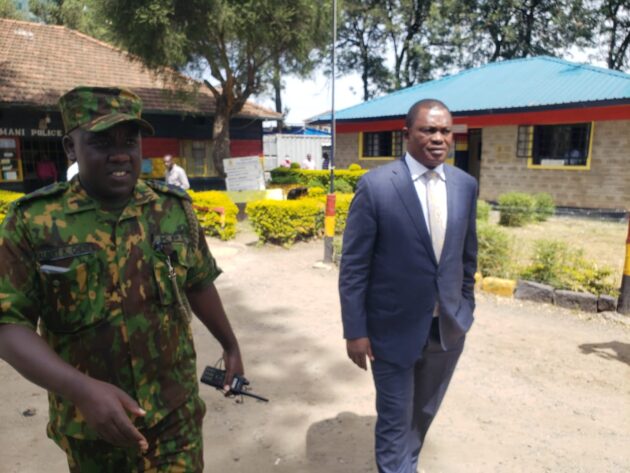

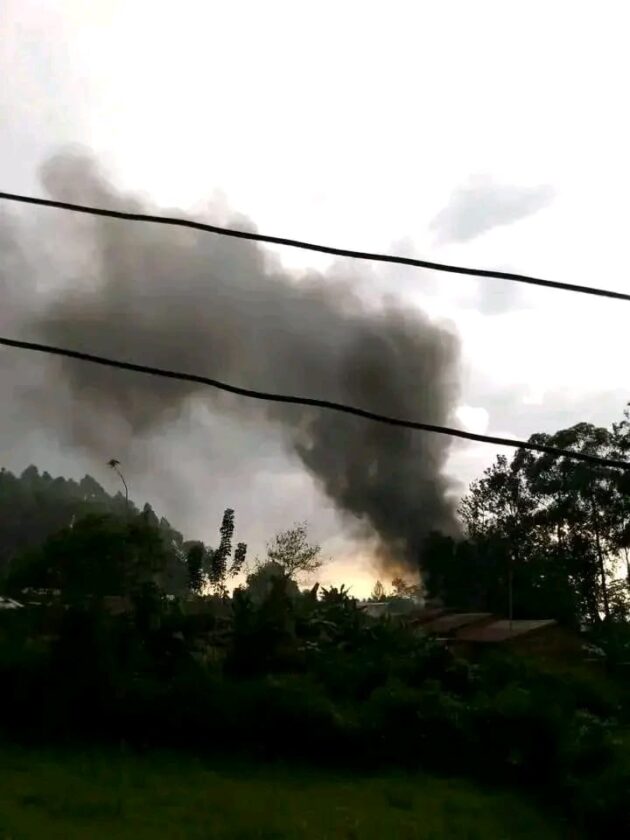
Very true. Hope this message reaches those who can make a changes. Thanks for the articles
Welcome Mary. Many hindrances in place including corruption activities are killing new talents in Kenya. If these issues discussed in this article can’t looked upon, then the glory of Kenya in shining in Olympics still remains a nightmare.